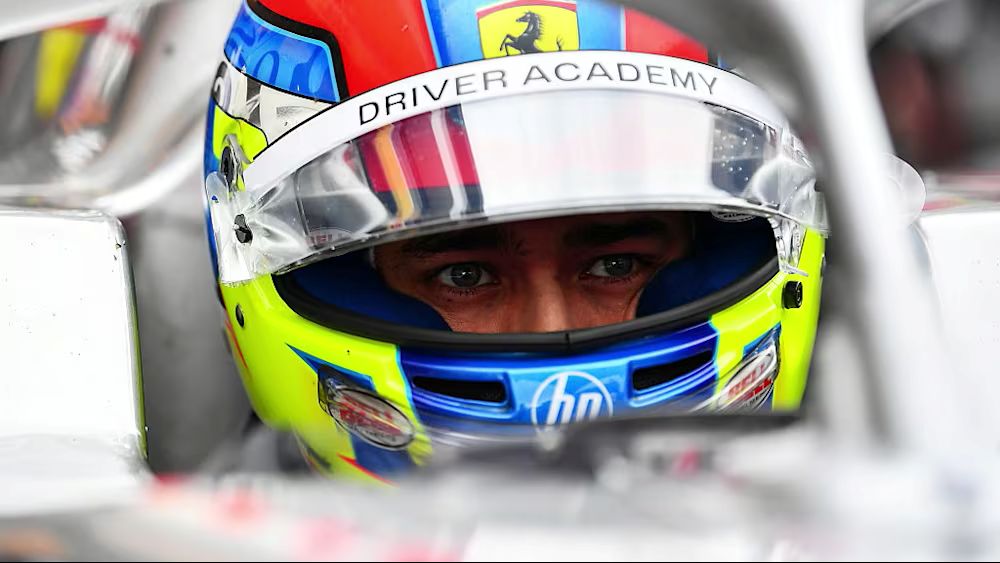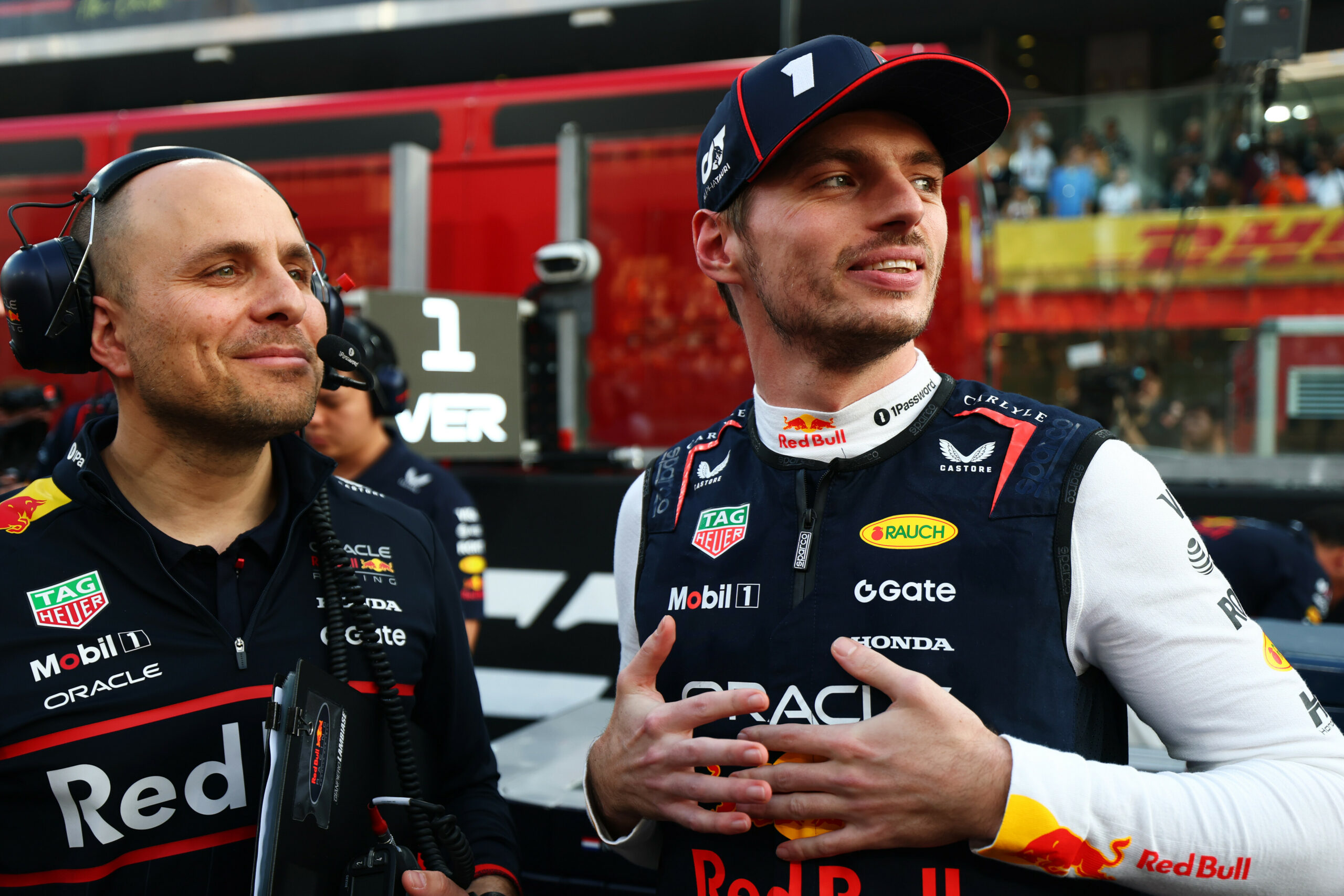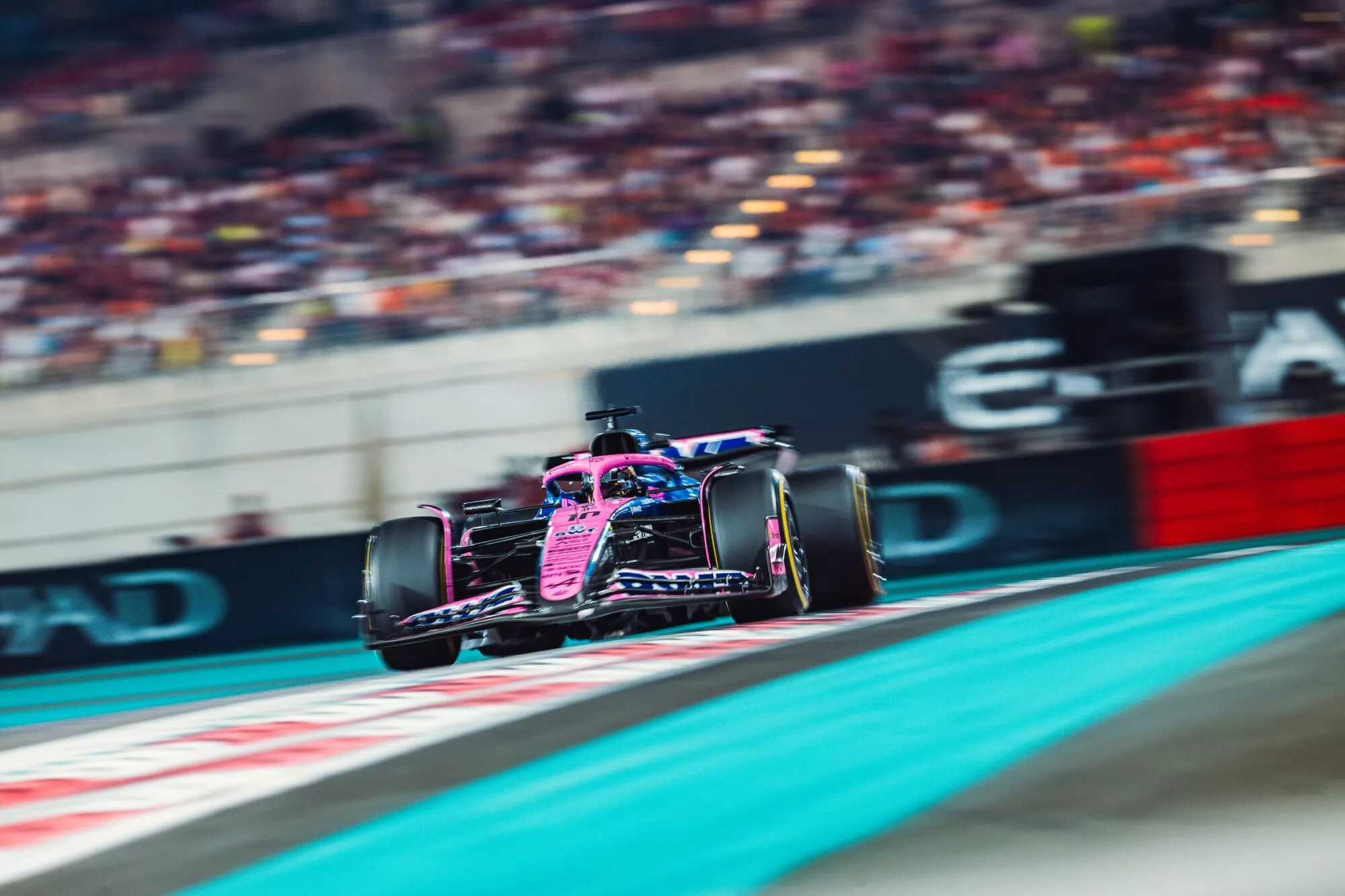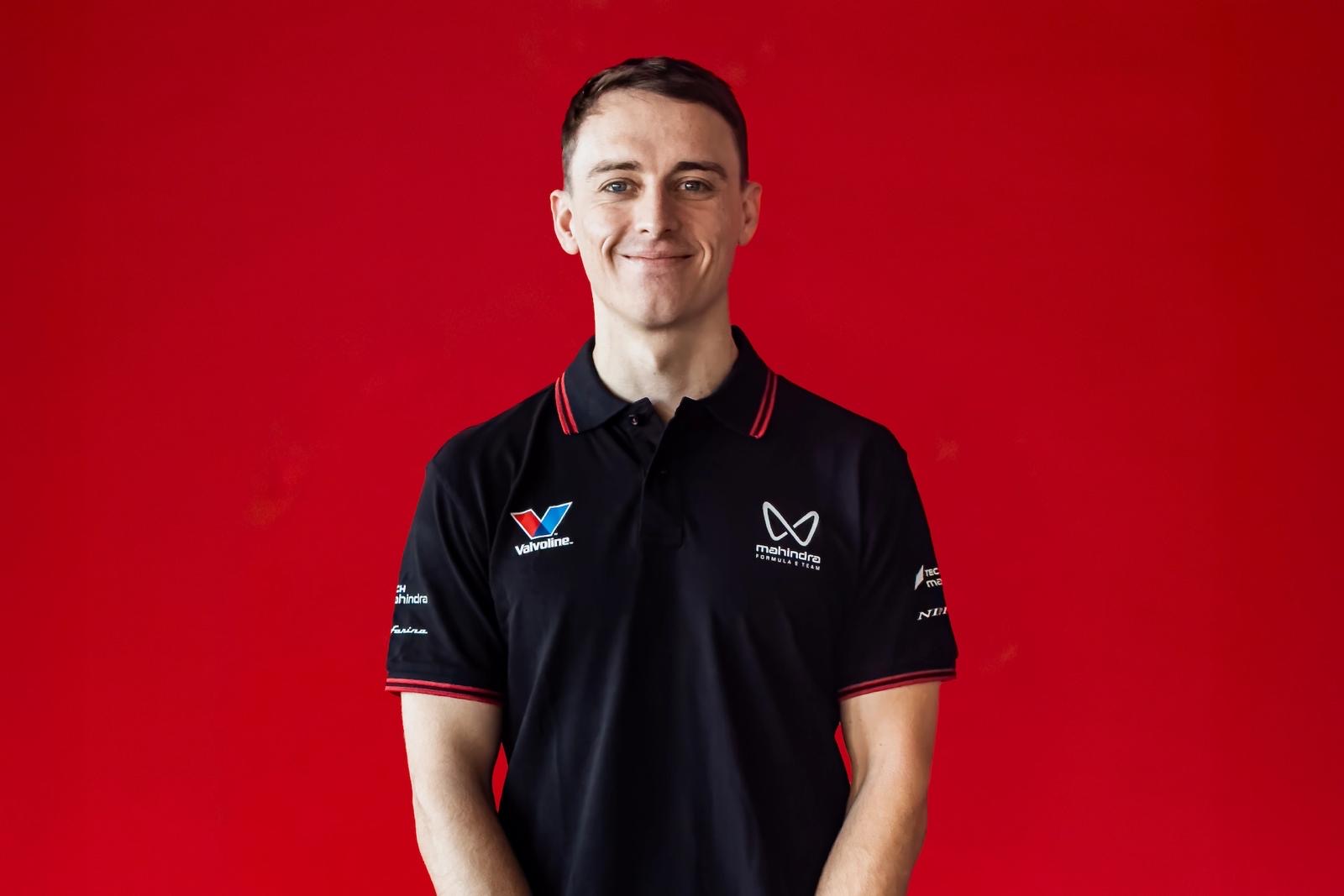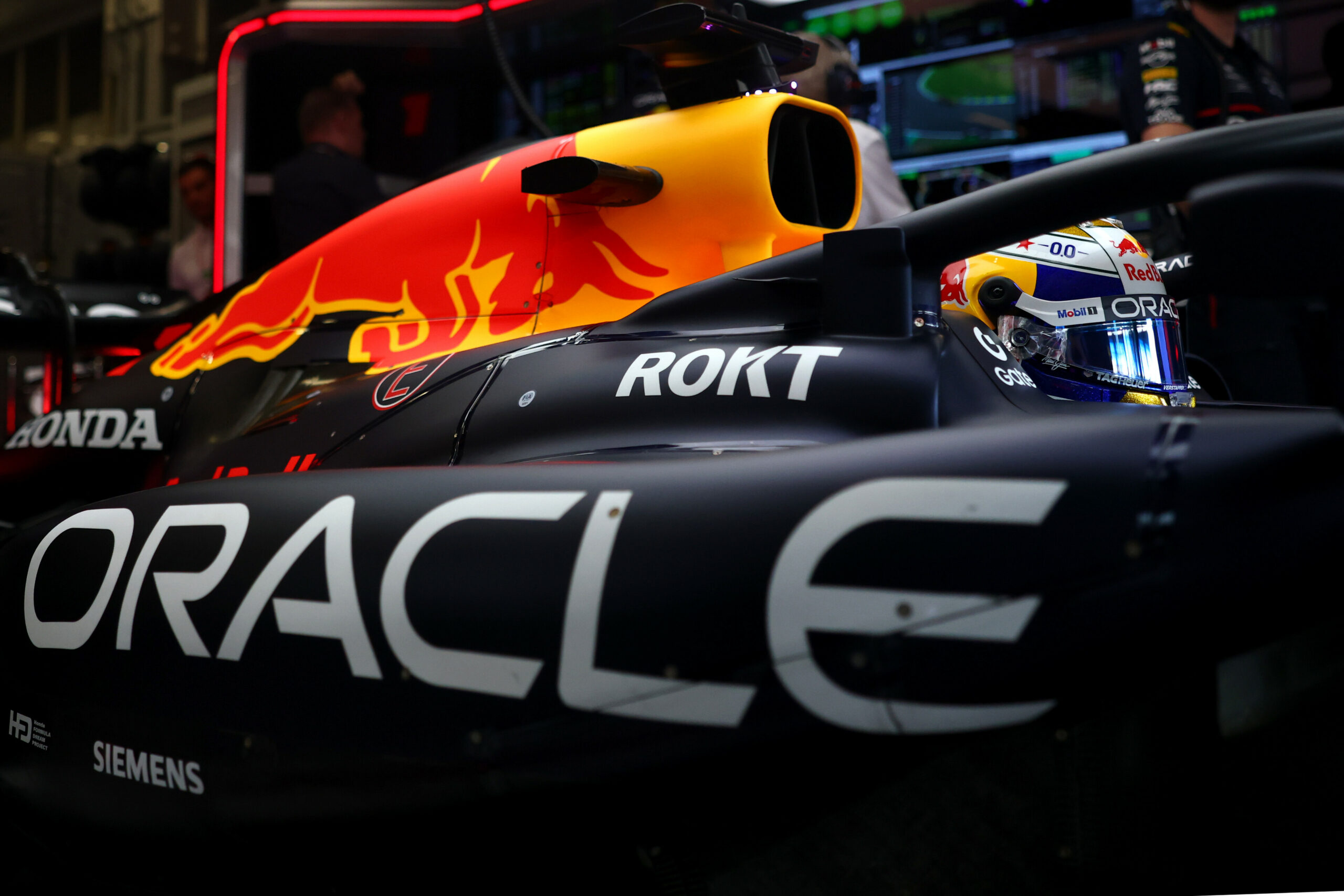Dino Beganovic, the 2025 Scuderia Ferrari Driver Academy (SFDA) and Hitech TGR F2 recruit, is quickly establishing himself as a thoughtful and technically proficient young driver on the grid. Unlike many rising stars whose racing style is defined by raw speed or instinct, Beganovic emphasises careful calculation, mental preparation, and strategic thinking. His journey from karting prodigy to F2 driver reflects years of learning not only how to drive fast, but also how to control his mind, manage pressure, and make decisions that balance risk and reward. As he progresses through the ranks of competitive motorsport, it becomes clear that his approach is as much about intelligence and discipline as it is about pace.
From the outside, his calm and collected demeanour may appear effortless, but beneath the surface lies a rigorous system of preparation, reflection, and mental conditioning. In a sport defined by fractions of a second, Beganovic’s ability to merge instinct with strategy has become a defining feature of his racing identity. Each lap, each corner, and each decision is calculated, and over time this approach has allowed him to develop a consistency that many drivers can only aspire to.
Thinking over impulses: A calculated approach
From the very beginning of his career, Beganovic recognised that a measured, strategic approach would serve him far better than relying purely on instinct. He constantly analyses situations on the track, considering overtakes, tyre management, and racecraft before taking action. This mental discipline is crucial in modern motorsport, where impulsive decisions can lead to collisions, penalties, or lost positions. By thinking ahead, he reduces the likelihood of mistakes and positions himself to seize opportunities when they arise.
In an interview published by Formula 2, Beganovic said, “I think I’m a driver that, let’s say, is more on the thinking side of things. I’m thinking about risk versus reward, not impulsive, calmer and more collected when I make up positions, I’ve thought about it already. I would say that’s my style in both qualifying and races, but it obviously affects the races more.”
Evolution through emotional control
However, Beganovic’s analytical nature alone has not always been enough. In the early stages of his racing career, emotions sometimes interfered with his decision-making. The intensity of competition, coupled with the pressure to perform, could lead to impulsive moves that cost him valuable positions or points. Over time, he recognised that mastering his emotions was just as important as refining his technique.
“It’s evolved a lot for sure. I’ve always had it in me to be thinking about things a lot. But one thing would get in the way and that’s emotions. When you get emotional, you make impulsive decisions, and you’ve not weighed up whether it’s worth it or not. I think that is where I was a bit stuck in the beginning of my career, being emotional in my driving which isn’t a positive thing.”
Emotional control in racing is not simply about staying calm—it is about harnessing adrenaline and intensity to improve focus, rather than letting it cloud judgement. Beganovic learned that moments of high pressure, such as tight overtakes or defending a position under attack, could become detrimental if approached impulsively. Recognising this early limitation allowed him to adjust, cultivating the mental resilience necessary to maintain peak performance even when stakes are high.
“Having understood that, winning the year in Regional by being calm and collected and always getting the points, it was like a receipt for me – that is the way to work. Since then, working a lot on the mental aspect to keep emotions in check. It’s easy to say but difficult to do.”
Preparation: The mental and technical edge
Equally important to Beganovic’s approach is meticulous preparation. Beyond physical training and on-track practice, he dedicates time to mental exercises designed to sharpen focus, reduce stress, and prepare him for the unpredictable demands of racing. These routines are critical in a sport where focus can be the difference between victory and mediocrity.
“I normally like to do the mental preparations on my own. I do my own thing with my mental trainer and then from SFDA, I’m getting support both before and after a weekend on what we can improve.”
This combination of self-guided mental preparation and guidance from the SFDA ensures that Beganovic enters every weekend with a clear mindset, ready to tackle the challenges of both practice and race sessions. It also allows him to reset quickly after mistakes or setbacks, a skill that becomes invaluable during long, demanding weekends.
The importance of the simulator
Simulator work is another cornerstone of his preparation. Although primarily intended for car development, Beganovic leverages the simulator at Ferrari to refine his racing lines, experiment with setups, and familiarise himself with circuits ahead of his 2025 F2 weekends with Hitech TGR.
“Being in the F1 simulator, though it’s more for the development of the car, also gives me a lot of preparation for weekends along with experience. I’m improving by being consistent in the sim, fast and giving good feedback.”
The simulator not only improves technical understanding but also strengthens communication with engineers. By knowing precisely what he wants from the car and how to articulate it effectively, Beganovic ensures that his feedback translates into tangible improvements in setup and performance. This preparation reduces uncertainty and maximises the efficiency of the limited track time available in F2.
The relationship with Ferrari
Furthermore, support from Ferrari enhances both Beganovic’s confidence and his growth as a driver. Being part of a top-tier programme provides him with access to cutting-edge technology, expert coaching, and strategic insights rarely available to drivers at his level.
“There are definitely things that are a benefit to have their support from not only any F1 team, but Ferrari. It’s special to feel that support from them. I know how to use their support instead of letting any kind of pressure affect me.”
Weekend strategy: Balancing caution and aggression
As Beganovic has progressed from F3 to F2, he has learned that success on the weekend depends as much on preparation as on speed. Track time in F2 is extremely limited, making it essential for a driver to maximise learning and performance in every session.
“In Formula 2, you don’t get much track time at all and a lot is done in terms of preparation for the event, both the team and yourself mentally. You need to be on it and if you’re not, you’re going to be a step back when you get onto the track in FP.”
Early in his F3 career, Beganovic often erred on the side of caution, taking a conservative approach to building momentum through the weekend. While this allowed him to avoid mistakes initially, he soon realised that being overly cautious could leave him playing catch-up in qualifying, forcing him to make larger, riskier jumps in pace under pressure.
“My approach to weekends has definitely changed. In the first few weekends of F3 – I was actually too conservative… I almost overdid it and did too much of a step back which left me having to make a bigger step in qualifying. It’s about finding that balance between not being too conservative but not going over the limit which will cost you track time, and that’s even worse.”
Now, he carefully balances preparation with calculated aggression. By incrementally building performance across practice sessions and aligning his strategy with the team, Beganovic ensures that he is competitive without overextending or compromising valuable track time. This thoughtful approach to weekend strategy is a key factor in his consistency and success in F2.
Calmness as a core strength
Above all, Beganovic identifies calmness as his greatest strength. In a sport where emotions fluctuate rapidly and stakes are high, his ability to reset mentally allows him to maintain focus, even in the most intense situations.
“I think my biggest strength is my calmness. I’m able to be collected in situations like qualifying or in the races, whatever happens, I’m able to reset. It’s not always been my biggest strength, it goes up and down like your emotions do. But being able to bring things back is a plus.”
This calmness directly translates to performance. In Qualifying sessions, where consistency and precision are paramount, Beganovic’s ability to remain focused allows him to extract maximum pace without succumbing to the pressure of competitors or the clock.
“Bringing it back to a technical focus, I feel that I’m a good qualifier. And that links back to being calm, not too emotional and able to focus when you need to put that lap together. I’m normally able to deliver it and it’s been a trend since karting. I hope to keep it going.”
Combined with his preparation, mental discipline, and strategic foresight, this calmness positions him as a driver capable of progressing steadily through the ranks and thriving in the high-pressure environment of F2.
A modern racing driver
Through his approach to F2, Hitech TGR’s Beganovic exemplifies a modern racing driver: one who combines technical skill, including that developed through his partnership with the SFDA, with psychological intelligence, turning every lap into a lesson in both speed and strategy. For fans and competitors alike, his progress serves as a reminder that the path to success is rarely about impulsive brilliance; instead, it is forged through preparation, reflection, and the ability to remain calm under pressure.

